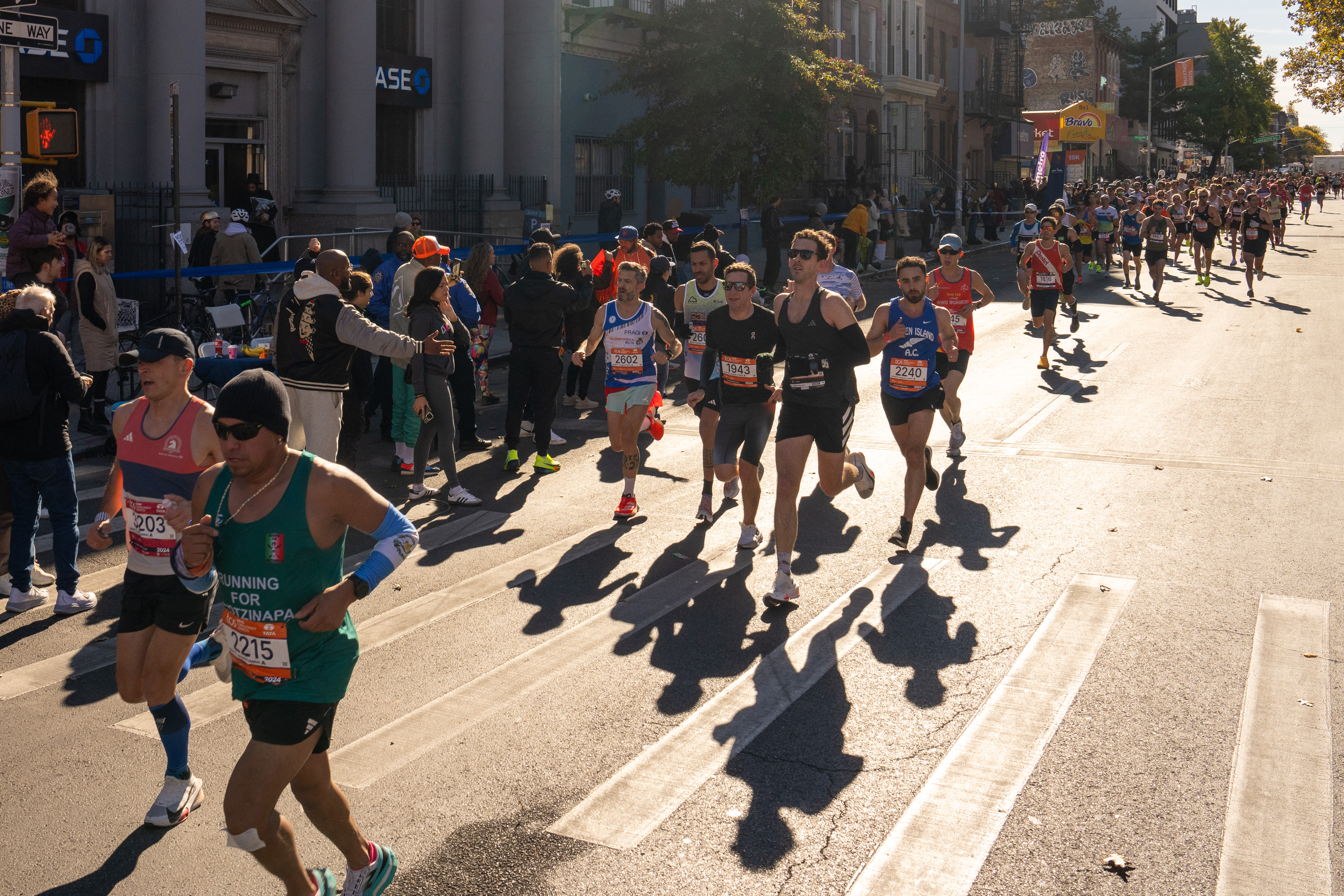New York City is expanding a program it launched in March that gives prepaid debit cards to migrants staying in city-funded hotels, allowing them to buy food and baby supplies at specified stores.
Over the next six months, debit cards will be distributed to more than 7,300 migrants, at a cost of about $2.6 million, officials told the New York Times.
Migrants staying at hotels that were converted into shelters under the city’s 28-day housing voucher program are eligible.
The pilot program, which is part of a contract with Mobility Capital Finance, first launched in March and began with about 3,000 migrants. It served as a possible replacement for a meal delivery program that generated significant waste and was projected to cost $5.6 million — more than double the price tag of the food debit card program — over the next six months.
The pilot program is also converting 14 more hotels into shelters, bringing the total to 17 hotels that can serve about 1,230 migrants per month, according to the Times. This accounts for approximately 2% of the more than 65,000 migrants the city’s shelter system supports.
The program could potentially cost up to $53 million.
Get Tri-state area news delivered to your inbox. Sign up for NBC New York's News Headlines newsletter.
The expansion comes at a time when officials are trying to reduce the costs of caring for migrants. The city is legally required to provide food and shelter to migrants under its “right-to-shelter” law, and over the past two years, more than 200,000 migrants have arrived.
Local
The debit cards will be loaded with $12.52 per person, per day for 28 days, according to Mayor Eric Adams’ chief of staff, Camille Joseph Varlack. The money can only be used at bodegas, grocery stores, supermarkets and convenience stores.
Federally funded programs like SNAP and WIC already use similar prepaid cards.
The program received significant backlash when it was first announced in February, with people expressing fears that the cards would be abused. Texas Gov. Greg Abbott said the program “sounds like insanity is behind it.”
However, officials said fraud prevention measures have been successful and that the pilot has reduced costs, according to the New York Times.
The debit cards have digital coding to ensure they only work at certain stores, and migrants must sign an affidavit saying they will only use the cards for food and baby supplies or risk removal from the program.
“There is no free money,” Deputy Mayor Fabien Levy said at a press conference in March. “These are not ATM cards. You can't take cash out.”



